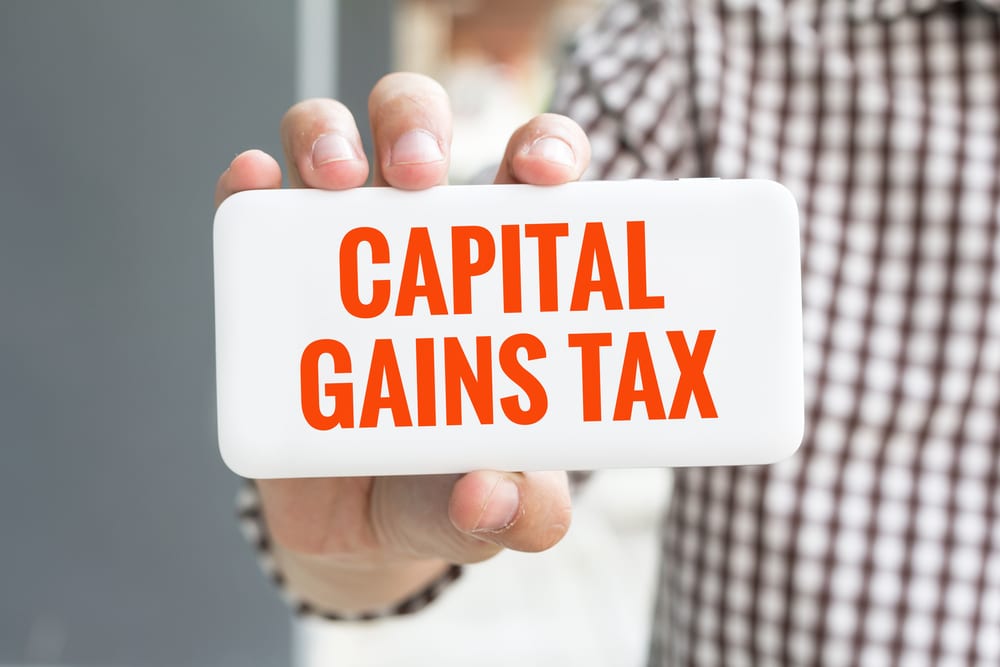
Understanding capital gains tax
 As an investor – especially if you’re doing well – you’re going to run into snags with Capital Gains Tax. This comes into play at the point of sale and, sadly, will take a hefty bite out of your investment return, so it’s important to make sure you understand it.
As an investor – especially if you’re doing well – you’re going to run into snags with Capital Gains Tax. This comes into play at the point of sale and, sadly, will take a hefty bite out of your investment return, so it’s important to make sure you understand it.
Often referred to as CGT, many investors are familiar with it without having a strong understanding of how it can affect them. If you’re looking to invest in property, it’s essential that you learn the ins and outs of the impact CGT can have.
CGT is a tax that is taken out of the profits you reap on any property sale. If you sell a property and make a profit, you’re going to lose a chunk of it because of this. It doesn’t only apply to property sale, however. It’s also attached to any form of financial gain that you make from a property.
What are capital gains?
A capital gain is the amount of money you make above the overall sales price. For example, if you invest $400,000 in a property and it sells for $600,000, the $200,000 difference is your capital gain on that particular investment. Prior to being taxed, you can also factor in any expenditure for agency fees, stamp duties and any other factors which were involved in the buying cost.
Capital Gains Tax is non-discriminatory
Regardless of the assets you hold on a property, CGT will be applied. This means that you can hold investment shares in a property without having full ownership and still be taxed on the returns you make.
Gifting a property doesn’t avoid Capital Gains Tax
People often get caught out by CGT when they give their property as a gift in an attempt to avoid it. It’s a popular misconception within real estate that gifting a property to someone will circumvent the requirement to pay CGT, but this simply isn’t true.
At the time of the property sale or transfer, the fair market value attributed to it will be the amount that’s subject to the tax.
Exceptions to Capital Gains Tax
There are, however some instances where properties are exempt from CGT. If your property was acquired prior to CGT coming into play – September 20 1985 – then you aren’t required to pay tax on the sale value of that property.
Also, your principal home, ie; the one that you permanently reside in, isn’t subject to it. CGT was brought in as a measure to encourage long-term investment in the property market, with the aim of providing a more stable supplement to the Australian economy. As a result, it’s usually the case that the longer a property is held, the less tax is taken.
Avoiding Capital Gains Tax with an instalment sale agreement
Using an instalment sale agreement is an excellent way of reducing the amount of CGT you incur. Instead of selling your property for one lump sum, an instalments sale agreement allows the new owner to pay the value of the property over a set number of months or years.
This will help to portion up your overall income and will reduce the amount that is subject to tax.
If you have any questions regarding CGT, it’s best to get in touch with an Independent Financial Advisor, who’ll be able to provide you with information specific to your personal situation.